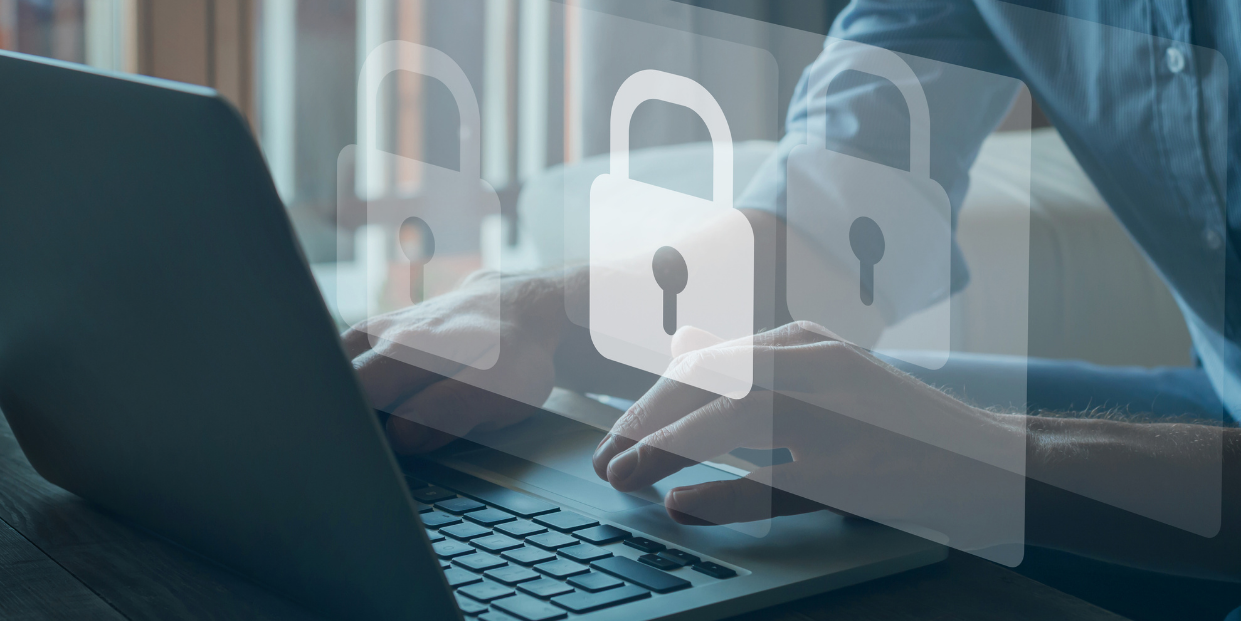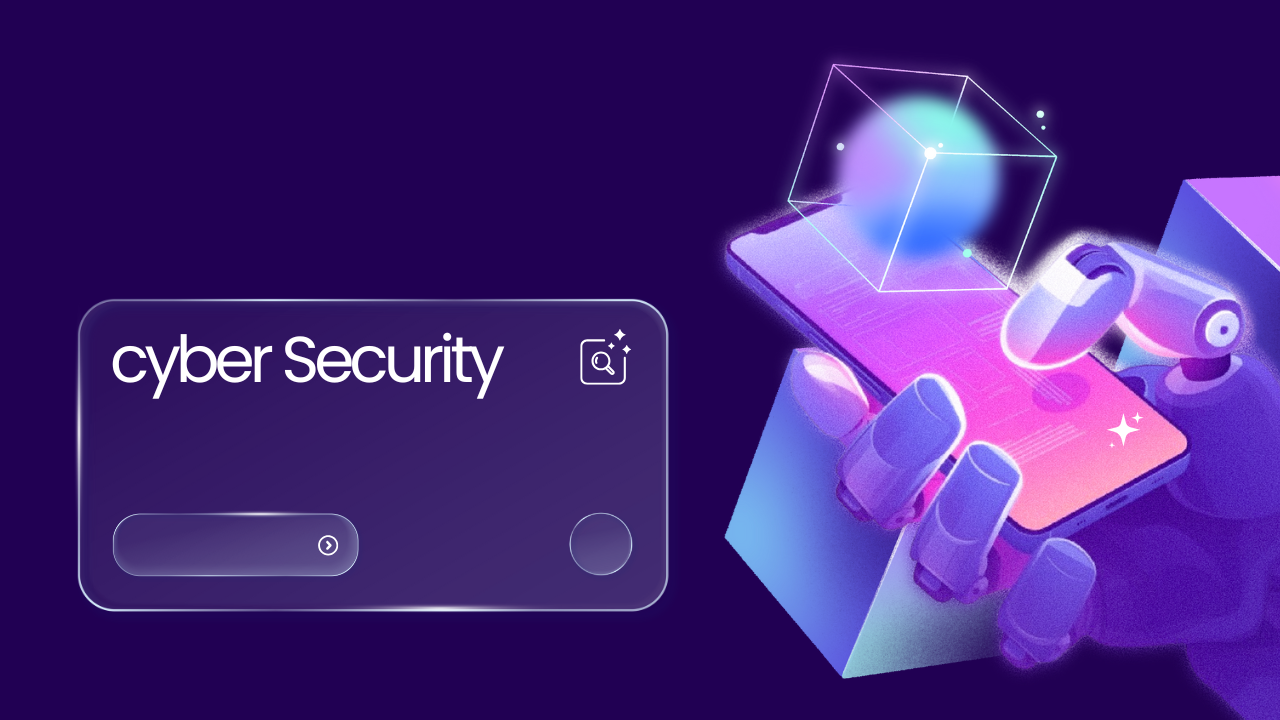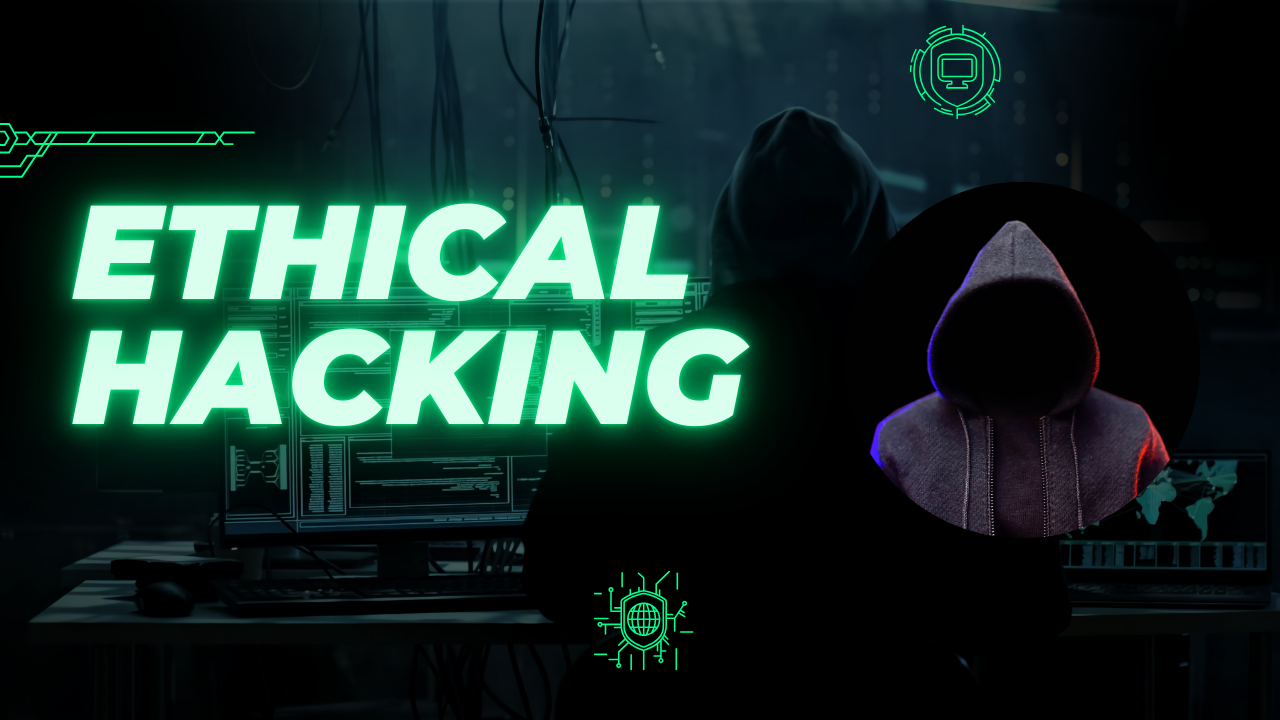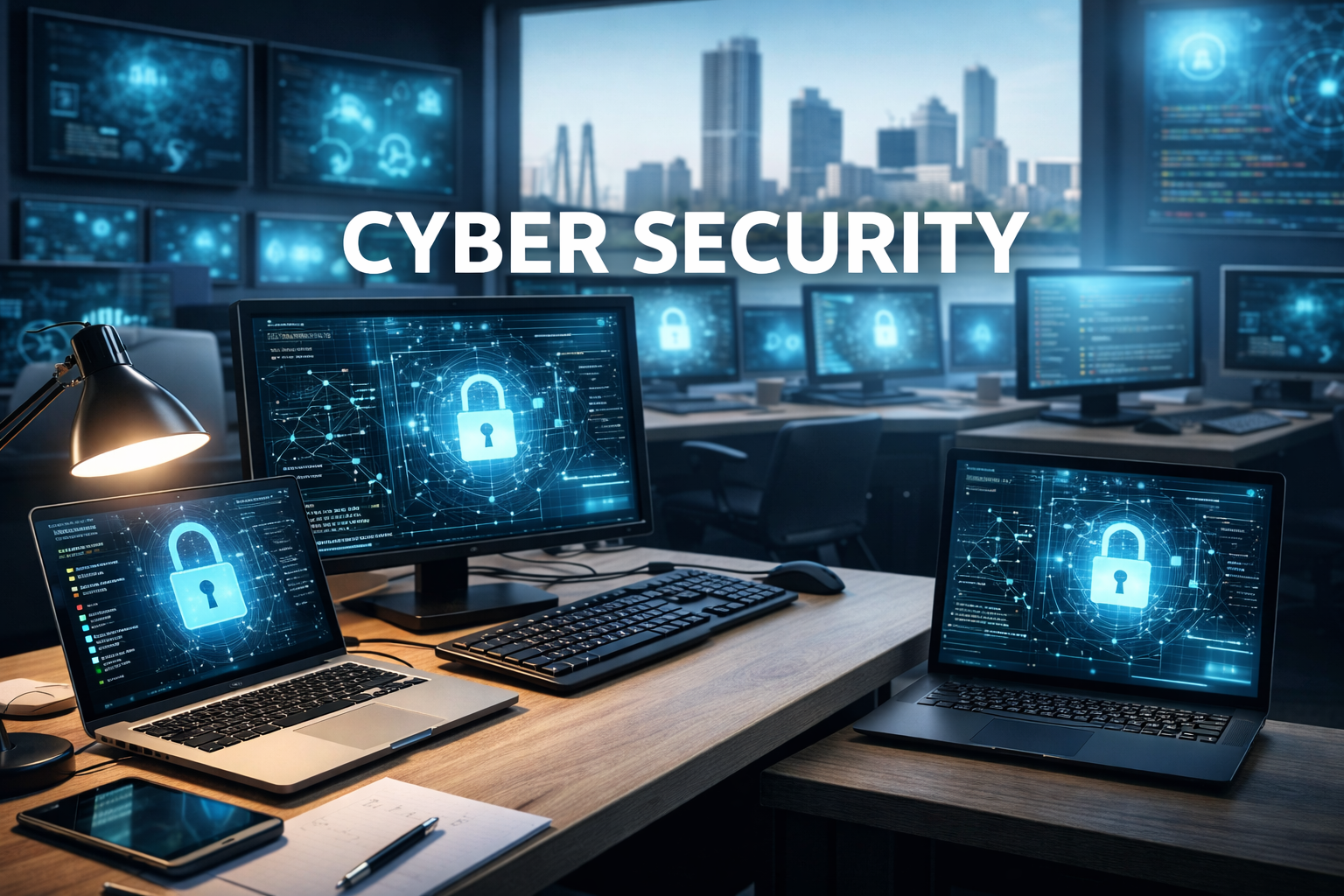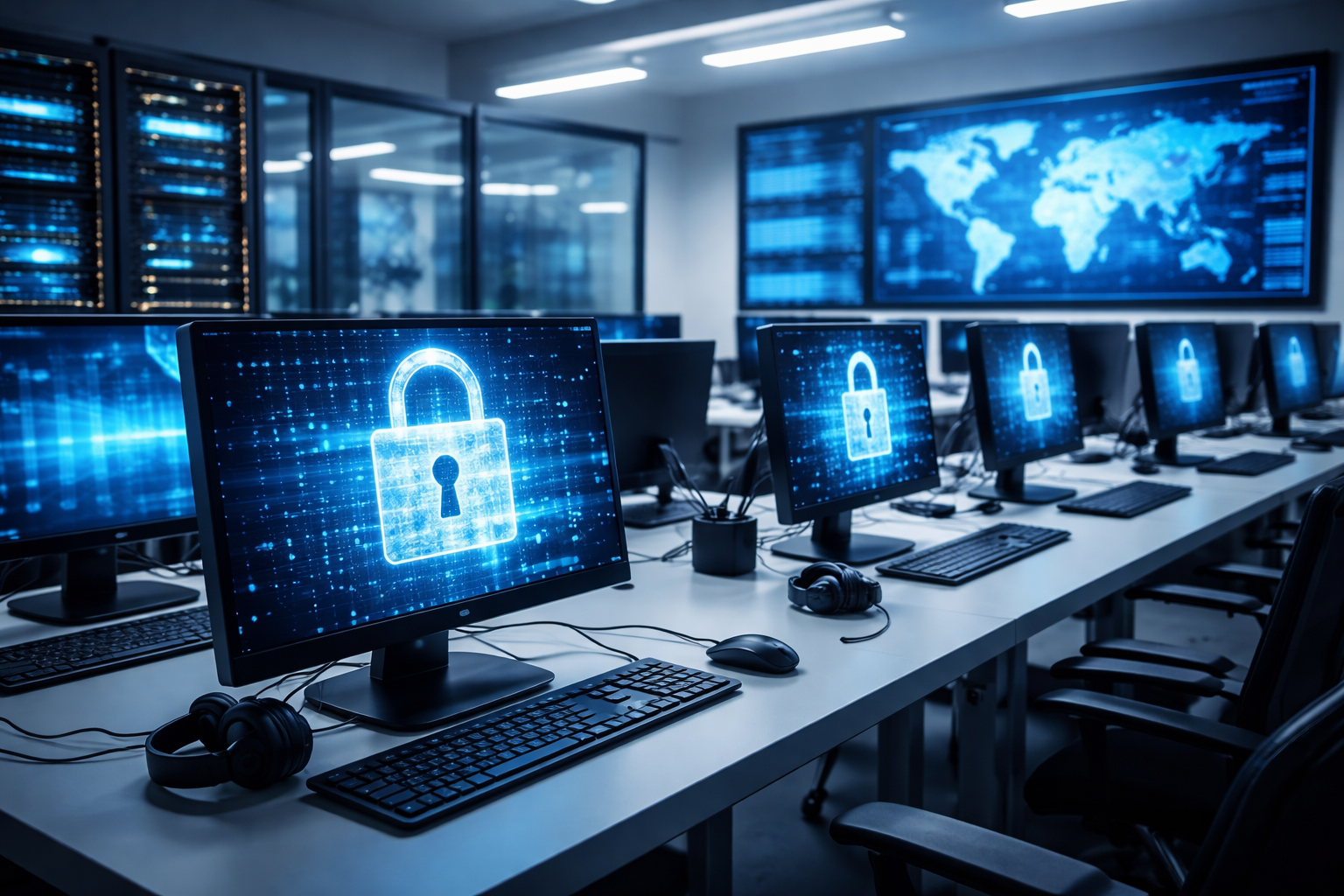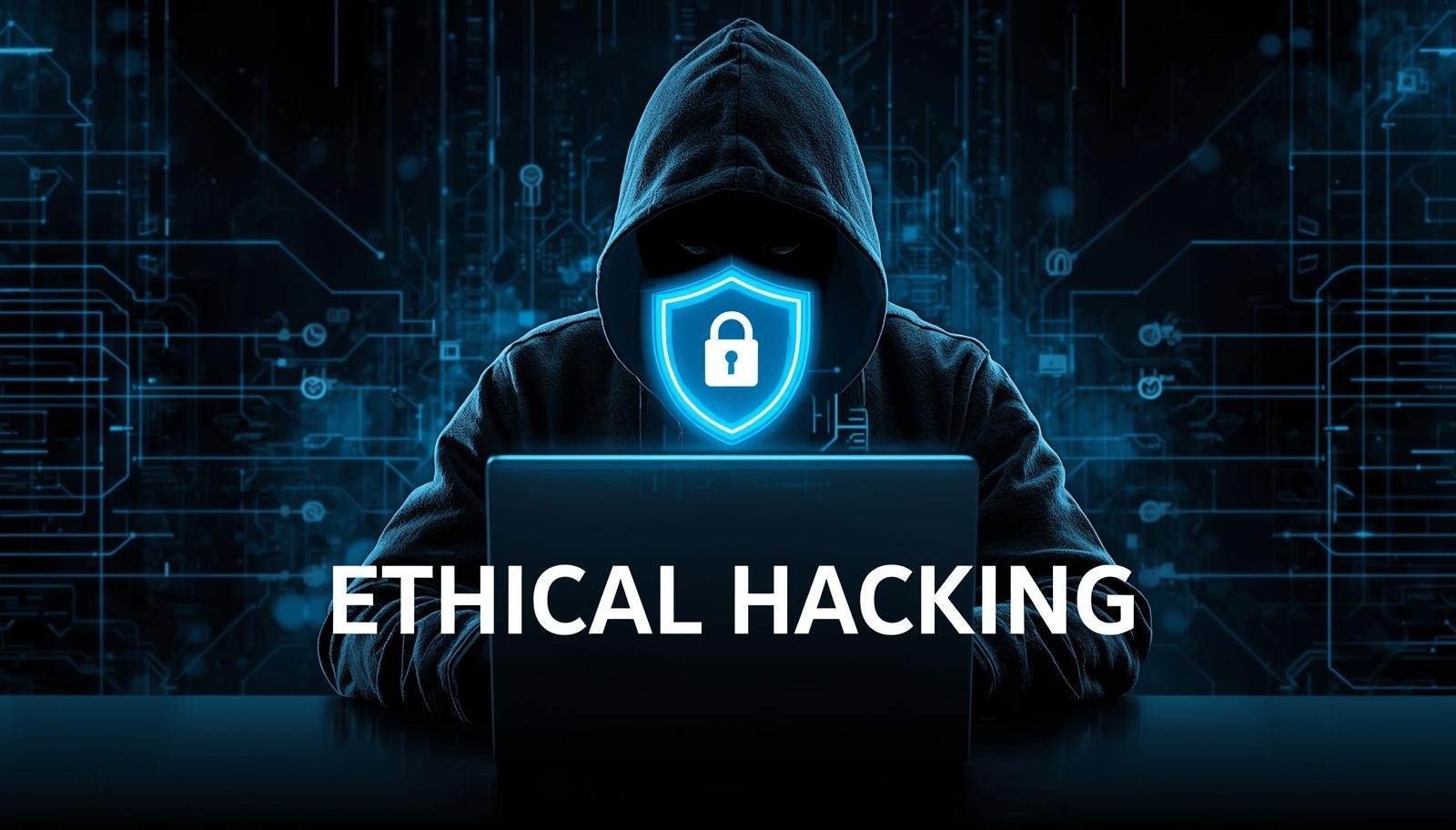1. Introduction
The world of cybersecurity in 2025 is more challenging than ever. With cybercriminals using artificial intelligence, automation, and deepfake technology, the old methods of protecting data are no longer enough. Ransomware attacks have doubled in frequency, phishing emails are powered by AI-generated language, and insider threats have become one of the biggest risks for organizations of all sizes.
To counter this, businesses are shifting toward Zero-Trust Security—a modern framework that operates on the principle of “Never trust, always verify.” Unlike traditional security models that trusted anyone inside the corporate firewall, Zero-Trust assumes that every user, device, and application could be compromised until proven otherwise.
However, implementing Zero-Trust alone does not guarantee safety. The system must be tested, validated, and continuously improved. That’s where ethical hackers play a vital role. They think like attackers, simulate real-world cyberattacks, and help organizations patch weaknesses before malicious hackers exploit them.
At MrWebSecure – Mumbai’s leading cybersecurity training institute, we train professionals to become skilled ethical hackers who can work alongside businesses to make Zero-Trust truly effective.
2. What is Zero-Trust Security?
Zero-Trust Security is not just a tool—it’s a mindset. It rejects the assumption that once inside a network, users or devices should be trusted.
- Core Principle: “Never Trust, Always Verify.”
- Every access request, whether from inside or outside the network, must be verified.
- Difference from Traditional Security:
- Traditional model: Companies built a strong “wall” (firewall) around their networks. Anyone inside the wall was automatically trusted.
- Zero-Trust model: Trust is not given by default. Every interaction is checked, whether it’s a CEO logging in from headquarters or an employee working remotely.
- Key Components of Zero-Trust:
- Identity Verification: Multi-factor authentication (MFA), biometrics, and continuous monitoring of login attempts.
- Least-Privilege Access: Employees only get the access they absolutely need to do their jobs—nothing more.
- Continuous Monitoring: Instead of one-time checks, Zero-Trust constantly analyzes user behavior, device health, and data flow.
This approach reduces the chances of attackers moving freely inside a network if they break in.
3. Why Zero-Trust Matters in 2025
Businesses in 2025 face an entirely new wave of cyber threats. Zero-Trust is no longer optional—it’s a necessity.
- Remote & Hybrid Work Models:
- With employees logging in from multiple devices, public Wi-Fi, and personal networks, the attack surface has grown dramatically. Hackers often target remote workers as weak entry points.
- AI-Powered Cyberattacks:
- Hackers now use AI to create ultra-realistic phishing emails, voice cloning, and deepfake videos to manipulate businesses. Traditional firewalls and antivirus systems can’t stop these social engineering attacks.
- Cloud, IoT, and Mobile Vulnerabilities:
- From smart devices in offices to cloud-based CRMs, every connected system increases risk. Misconfigured cloud storage has already caused billions in data breaches.
- Global Compliance & Regulations:
- Governments are tightening data protection laws like GDPR in Europe, DPDP in India, and CCPA in the U.S. Zero-Trust helps companies stay compliant while protecting sensitive data.
4. The Role of Ethical Hackers in Zero-Trust Security
Technology can set the rules, but only humans can test whether those rules hold up against attackers. Ethical hackers are the guardians who ensure that Zero-Trust systems work effectively.
- Simulating Real-World Attacks:
- Penetration testers (ethical hackers) mimic cybercriminals to test the strength of firewalls, APIs, and applications. They expose blind spots in Zero-Trust frameworks before attackers do.
- Identifying Insider Threats:
- Sometimes the danger comes from within. Hackers test if employees can bypass privilege restrictions or misuse access.
- Cloud & API Security Testing:
- Since most businesses run on cloud platforms and APIs, ethical hackers ensure that these modern systems follow Zero-Trust principles.
- Bug Bounty Programs:
- Many companies run programs that reward ethical hackers for finding vulnerabilities. This crowdsourced model allows businesses to strengthen their Zero-Trust security at scale.
5. Benefits of Ethical Hackers for Businesses
Hiring or partnering with ethical hackers is not a cost—it’s an investment. Businesses that integrate ethical hacking into their Zero-Trust strategy gain:
- Protection Against Advanced Persistent Threats (APTs): Ethical hackers identify long-term attacks that traditional security may miss.
- Enhanced Customer Trust: Customers are more likely to work with a company that takes proactive steps to secure data.
- Reduced Financial Losses: The average cost of a data breach in 2025 is estimated at over USD 5 million. Ethical hackers can prevent such disasters.
- Faster Recovery & Incident Response: With regular testing, companies can detect and respond to breaches in hours rather than months.
6. Real-World Examples & Case Studies (2025)
- Failure Without Zero-Trust: Earlier this year, a multinational retail company lost millions due to a vendor-related breach. Their trust-based security model failed to verify the vendor’s compromised credentials, leading to a massive supply-chain attack.
- Success With Zero-Trust + Ethical Hackers: A leading fintech firm in India partnered with ethical hackers through a bug bounty program. Within three months, hackers reported multiple vulnerabilities in their cloud platform, all of which were patched before any damage occurred. The company later reported stronger compliance scores and customer trust.
7. How Businesses Can Implement Zero-Trust with Ethical Hackers
- Conduct Penetration Testing & Red Team Exercises: Regularly test networks, applications, and endpoints.
- Promote a Security-First Culture: Train employees to recognize phishing attempts and understand access restrictions.
- Hire or Partner with Ethical Hackers: Work with certified ethical hackers from trusted institutes like MrWebSecure to perform audits and testing.
- Regular Audits & Policy Updates: Zero-Trust must evolve as technology and threats evolve. Businesses need ongoing monitoring.
8. Future of Zero-Trust & Ethical Hacking Beyond 2025
The next few years will see even more transformation in cybersecurity.
- AI + Machine Learning Integration: Security systems will detect abnormal behavior in real time and automatically respond.
- Quantum Computing Threats: Encryption as we know it may become obsolete, forcing businesses to rethink data protection.
- Mandatory Ethical Hacking Teams: Just like accounting audits, future regulations may require companies to hire ethical hackers for annual security testing.
Conclusion
By 2025, cyber threats are too advanced for traditional defense methods. Zero-Trust Security is the new standard, but it only works when continuously tested and improved by skilled ethical hackers.
At MrWebSecure – Mumbai’s best cybersecurity and ethical hacking training institute, we not only help businesses build secure environments but also train individuals to become the ethical hackers the world urgently needs.
Frequently Asked Questions
Q1. What is Zero-Trust Security in 2025?
Zero-Trust Security is a modern cybersecurity approach based on the principle of “Never trust, always verify.” It requires continuous identity verification, least-privilege access, and real-time monitoring to protect businesses from advanced cyber threats.
Q2. Why do businesses need ethical hackers for Zero-Trust Security?
Ethical hackers simulate real-world attacks, identify vulnerabilities, and test Zero-Trust frameworks. They help businesses patch weaknesses before malicious hackers exploit them, ensuring stronger security and compliance.
Q3. How does Zero-Trust Security protect against AI-powered cyberattacks?
Zero-Trust continuously monitors user activity and verifies identities, making it harder for AI-powered phishing, deepfake scams, and insider threats to bypass security defenses.
Q4. Can small businesses also implement Zero-Trust Security?
Yes. Zero-Trust is scalable and can be applied to businesses of any size. Small businesses can benefit greatly by hiring ethical hackers or partnering with cybersecurity training institutes like MrWebSecure for guidance and testing.
Q5. What role does MrWebSecure play in Zero-Trust adoption?
MrWebSecure, Mumbai’s leading cybersecurity training institute, helps businesses secure their digital assets and trains professionals to become certified ethical hackers who can support Zero-Trust implementation.
